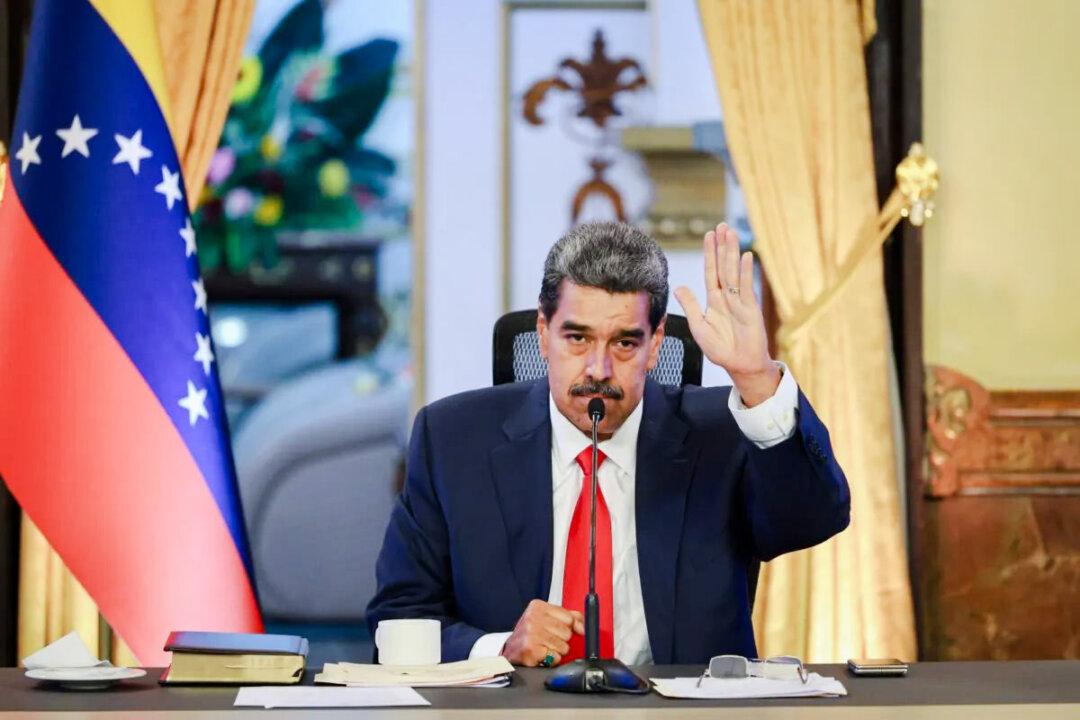Venezuelan leader Nicolás Maduro this week said he is issuing a decree to move Christmas to October amid widespread unrest and protests against July’s election.
Over the past month, tensions have escalated in the country in the fallout of a highly contested presidential election that the U.S. State Department said was not credible. Both Maduro and his opponents have declared victory, causing protests to erupt.





